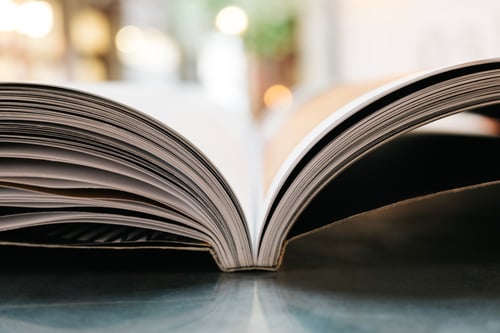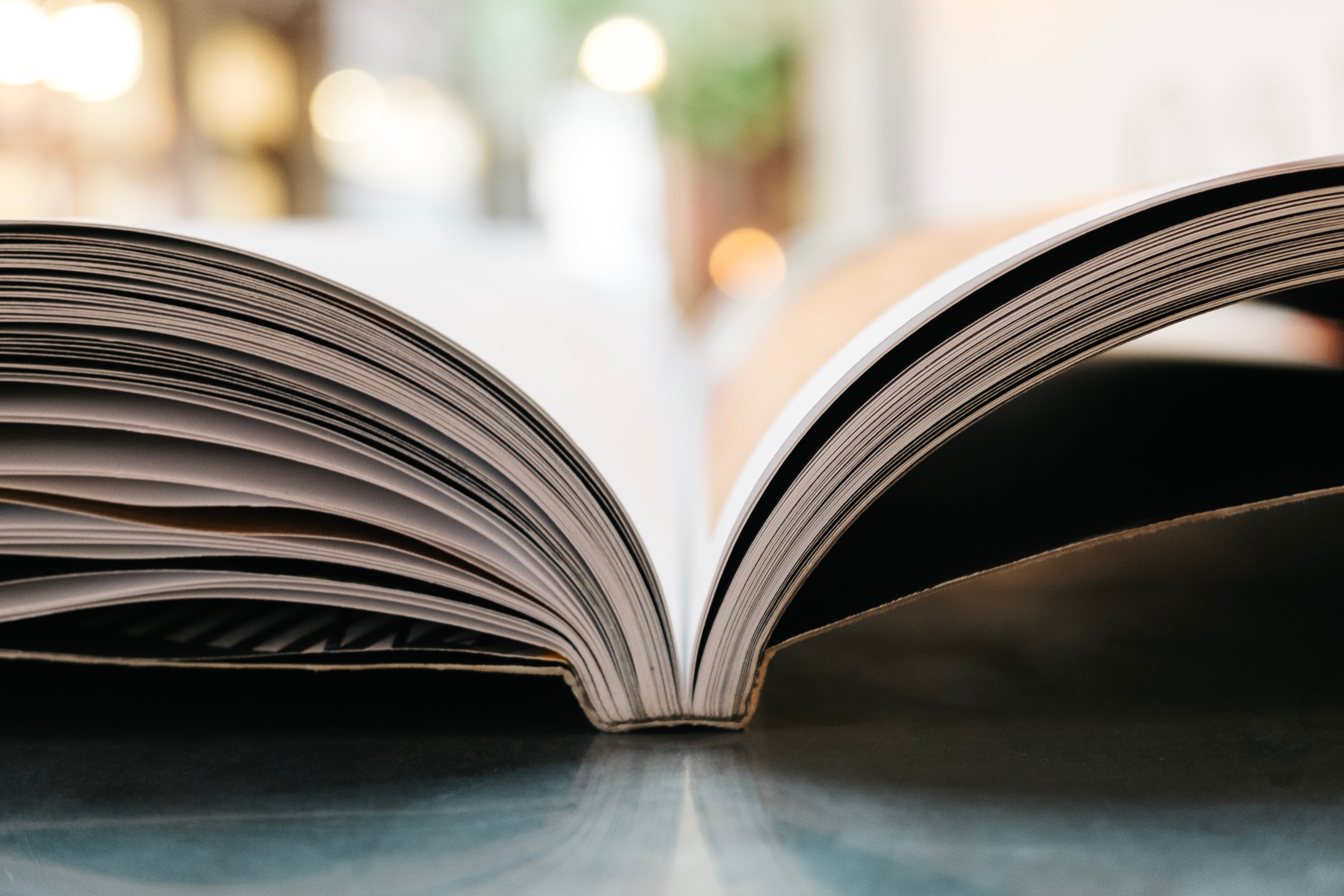Dean's Message: The Power of Stories
The following post was contributed by Patricia Márquez, Dean of the Joan B. Kroc School of Peace Studies.

What I appreciated most about Yuval Noah Harari’s wonderful bestseller, “Sapiens: A Brief History of Mankind”, was how it underscored the fundamental—and deceptively simple—idea that what distinguishes humans from other species is our capacity to shape the course of the world through stories. The stories we tell ourselves define how we think and how we behave. Stories about religion, politics, culture and society explain how thousands of individuals can be mobilized to engage in violent conflict with many others who have different stories. But stories are also what move us to shape social progress over millennia. The same narrative tools can yield vastly different social outcomes.
In looking ahead to 2021, we will continue to face deepening polarization in this country. Many elements contribute to this increasing problem, but none is so powerful, so fundamental as the stories we tell about one another. The election of a new President will not solve this issue alone. We have to find new and better, more unifying stories for all of us to tell. This is an urgent challenge we must tackle before it grows into a point of no return, threatening like a mudslide to cover what has been painstakingly built over the last 150 years. The Kroc School plans to begin the new year committed to addressing this situation. We believe our educational and practice programs, our seminar series, the voices of faculty and their intellectual outputs, can help shape stories that unite us, while diminishing myths and lies that foster mistrust and cause harm. Our focus is on reconciliation initiatives through partnerships with various institutions in San Diego, across the border and across the nation. We want to house activists-in-residence who can teach us about what is happening in social spheres we don’t engage with enough and to develop new ways for us to contribute. We look forward to ideas and proposals from our passionate students and community members, as we figure out even more ways to support them in positive changemaking.
I write this last Dean’s Message of the year 2020 amidst a global pandemic. Reflecting on everything we have gone through in the last 12 months, the most obvious and immediate action we can all wish for is controlling the spread of Covid-19. The emergence of a vaccine has given us great reason to hope the end is in sight. But science, effective leadership, and careful planning remain critical elements in the year to come if we are to defeat Covid-19 without further social disruption. We must recognize our individual liberty is built upon a foundation of collective responsibility. The stories we tell one another must emphasize social solidarity, caring for others and the importance of our collective destiny. This is vital since all of us must follow best practices if we are to avoid spreading the virus. Success requires solidarity.
At the Kroc School, we believe in the power of stories to shape an inclusive society that works for all. We end this year looking forward to shaping narratives of healing, trust, dignity and reconciliation. Everyone is invited to join us with their stories.
Contact:
Justin Prugh
jprugh@sandiego.edu
(619) 260-7573

About the Author
The Joan B. Kroc School of Peace Studies (Kroc School) at the University of San Diego is the global hub for peacebuilding and social innovation. Founded in 2007, the Kroc School equips the next generation of innovative changemakers to shape more peaceful and just societies. We offer master's degrees in peace and justice, social innovation, humanitarian action, conflict management and resolution, and a dual degree in peace and law — programs that have attracted diverse and dynamic students from more than 50 countries. In addition to our graduate programs, the Kroc School is home to the Kroc Institute for Peace and Justice (Kroc IPJ). Founded in 2001, the Institute supports positive change beyond the classroom. Through groundbreaking research, experiential learning, and forward-thinking programs, the Kroc School and Kroc IPJ are shaping a future in which peaceful co-existence is the new normal.






